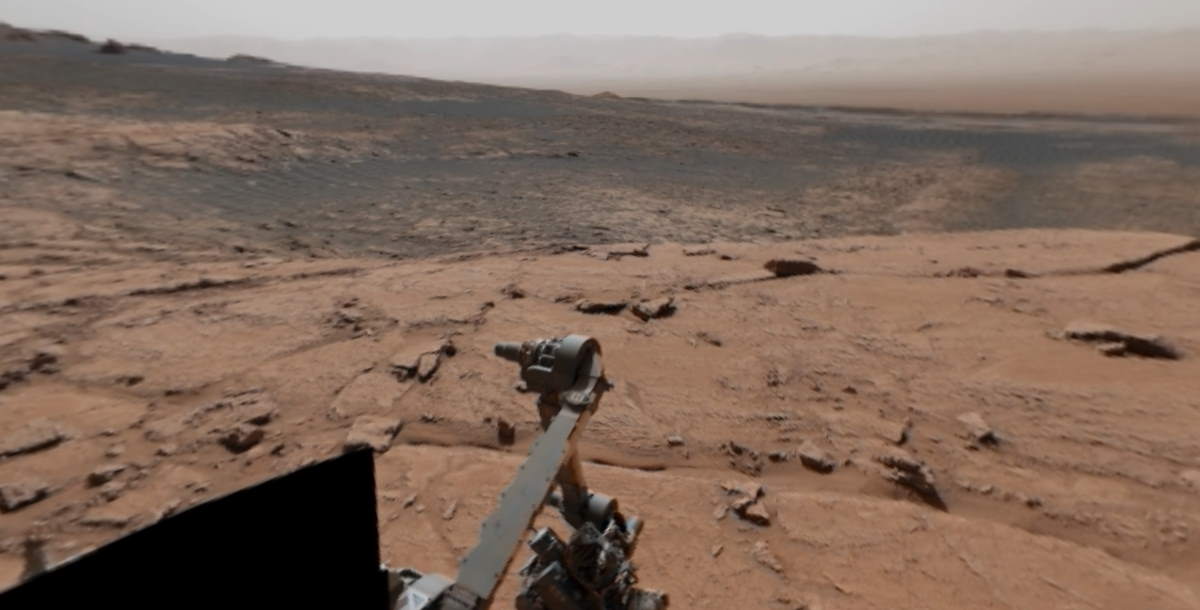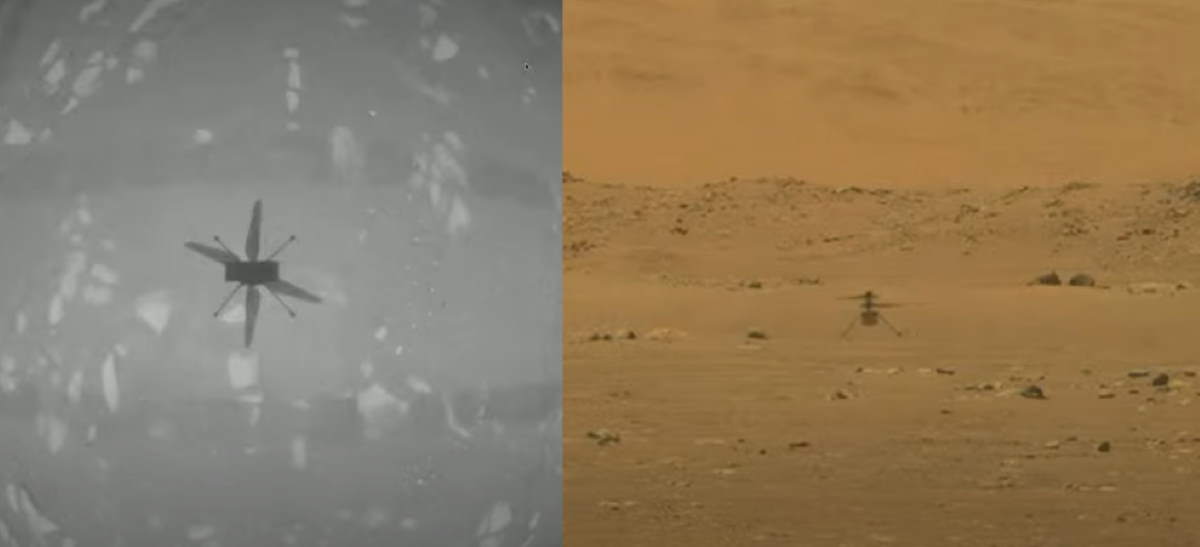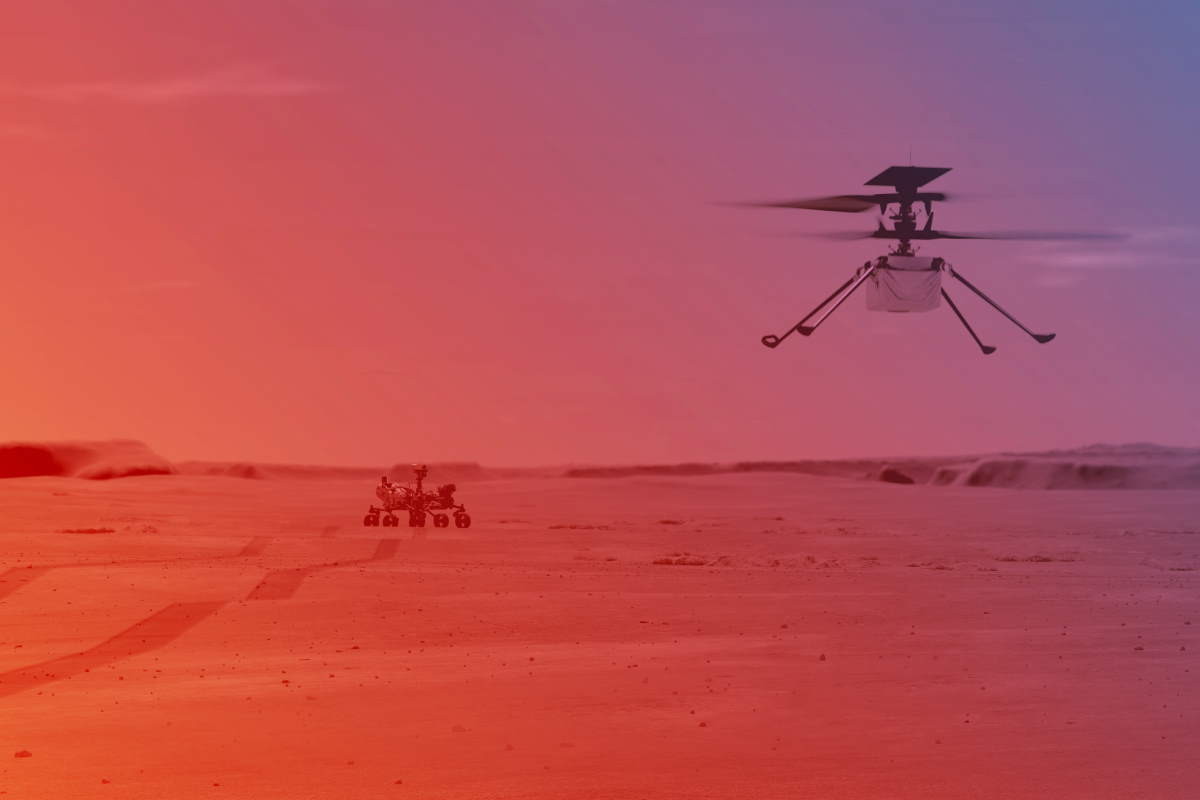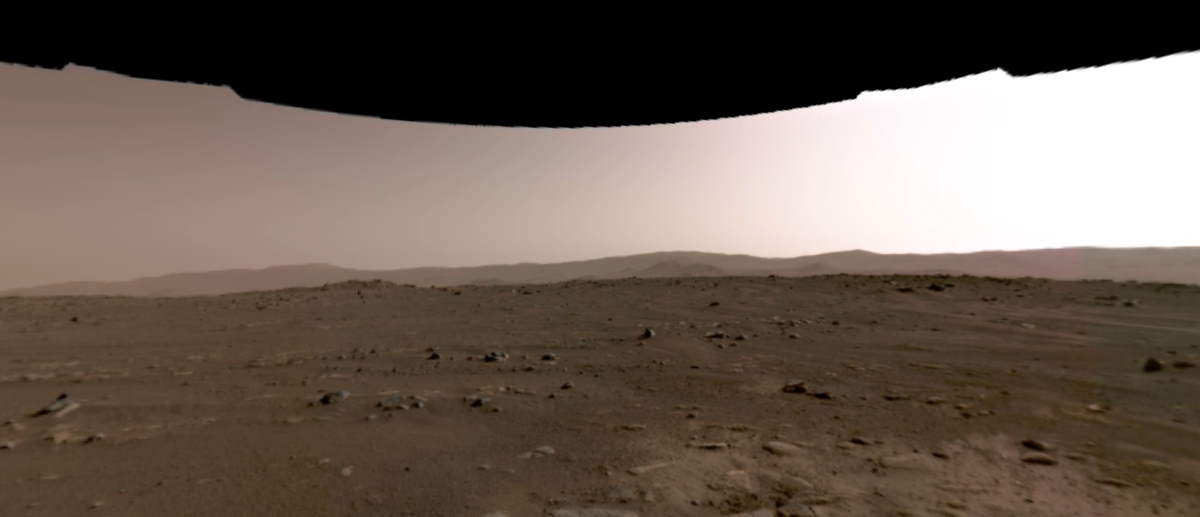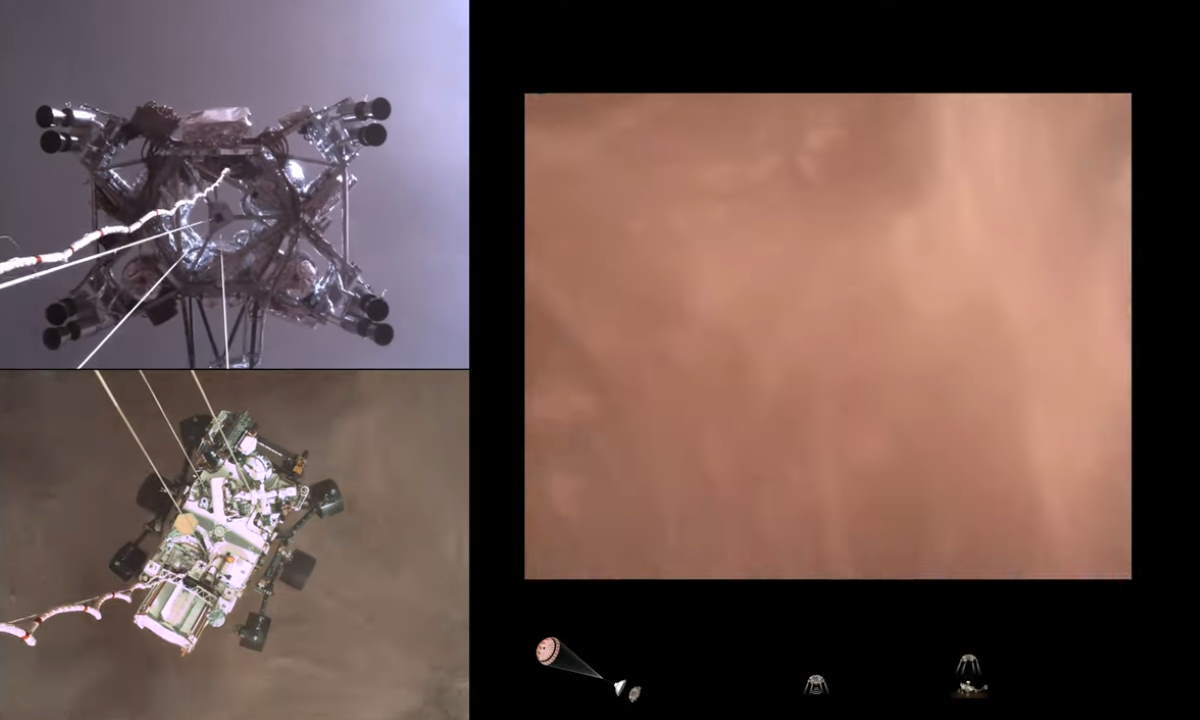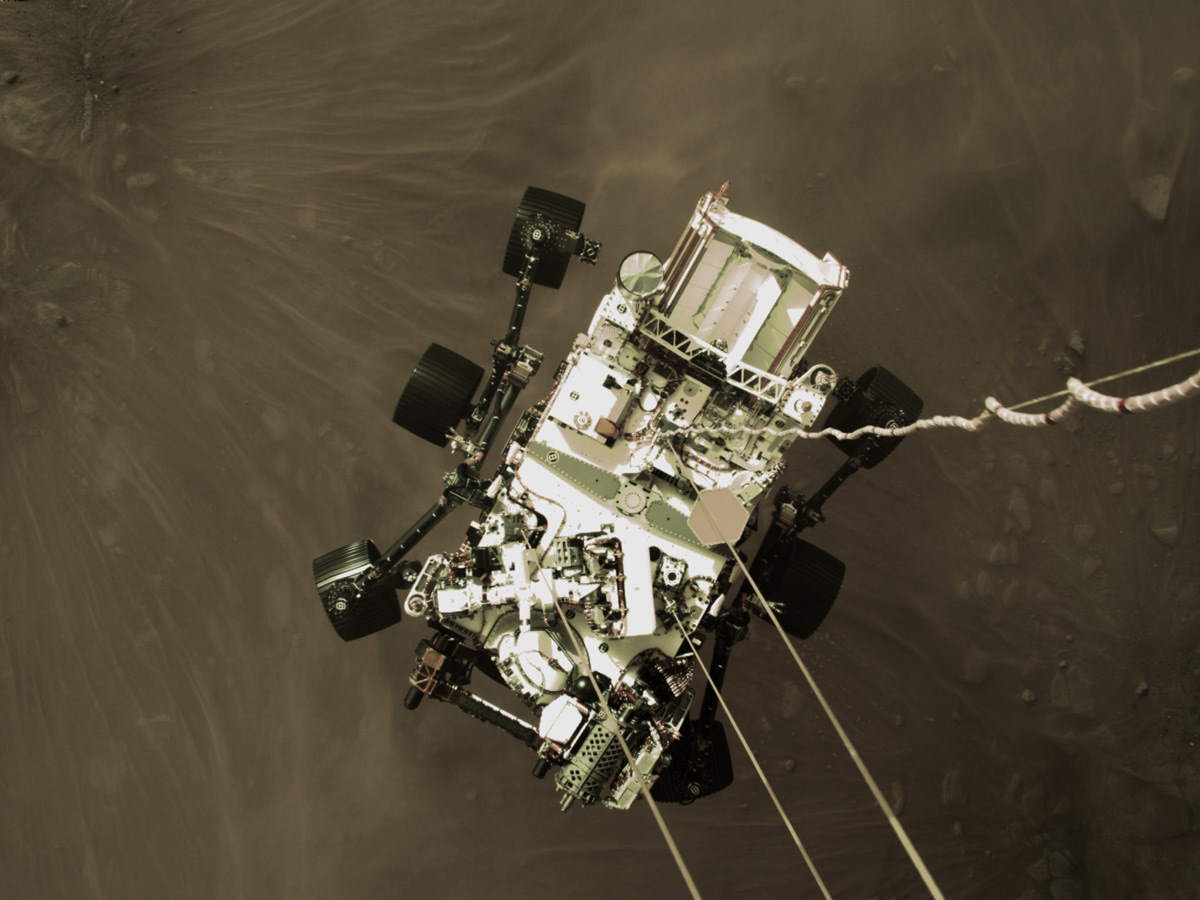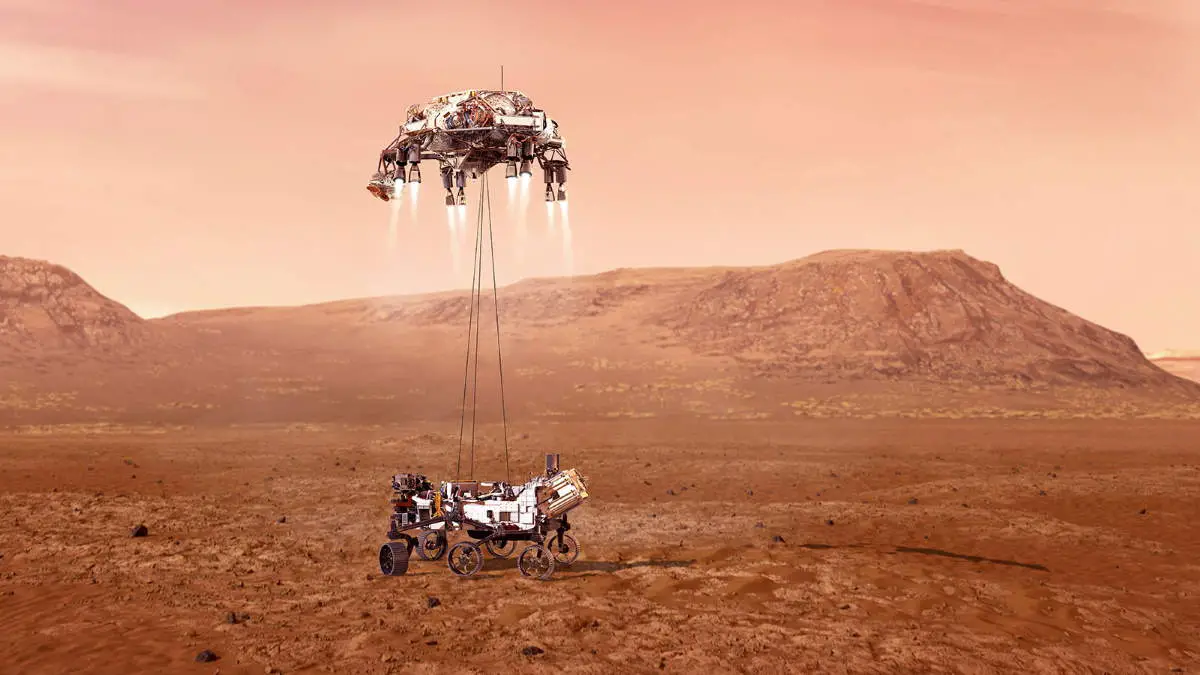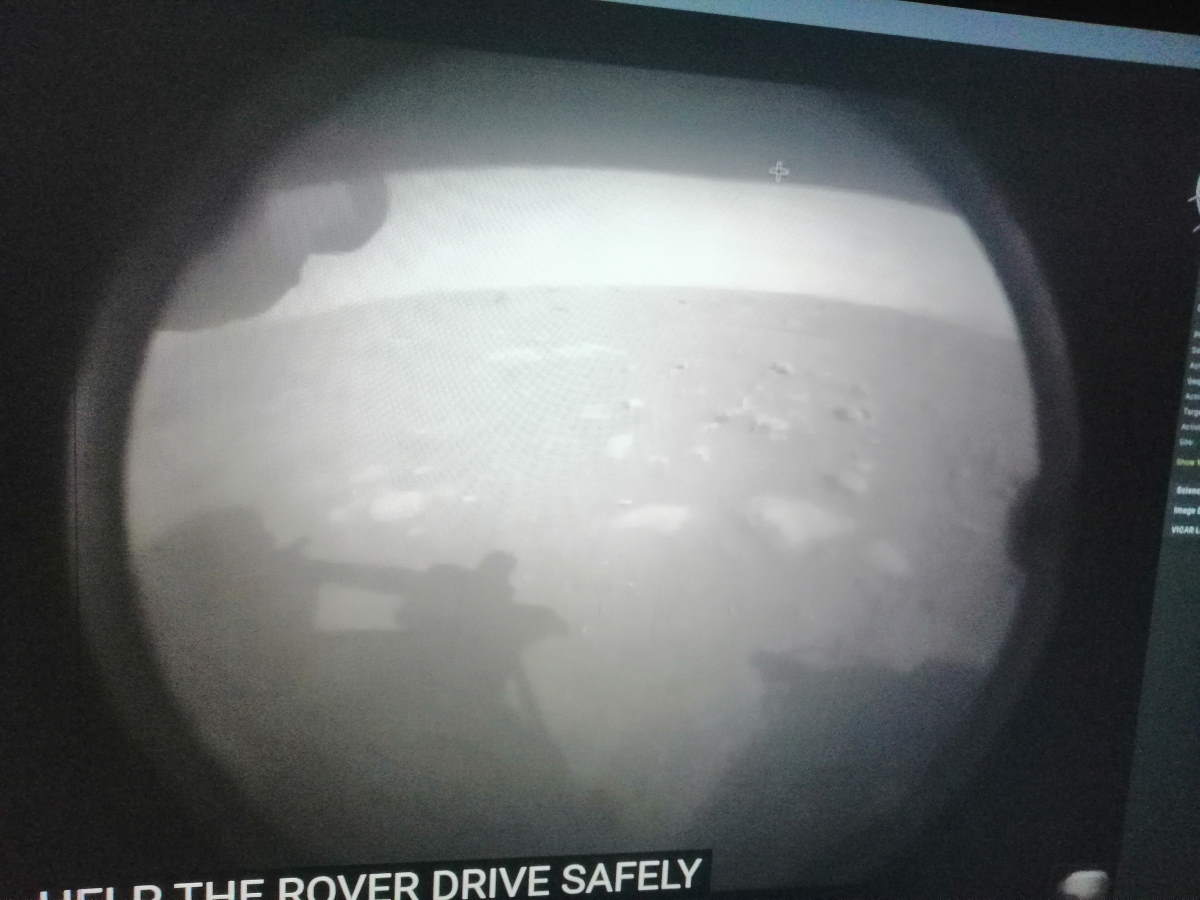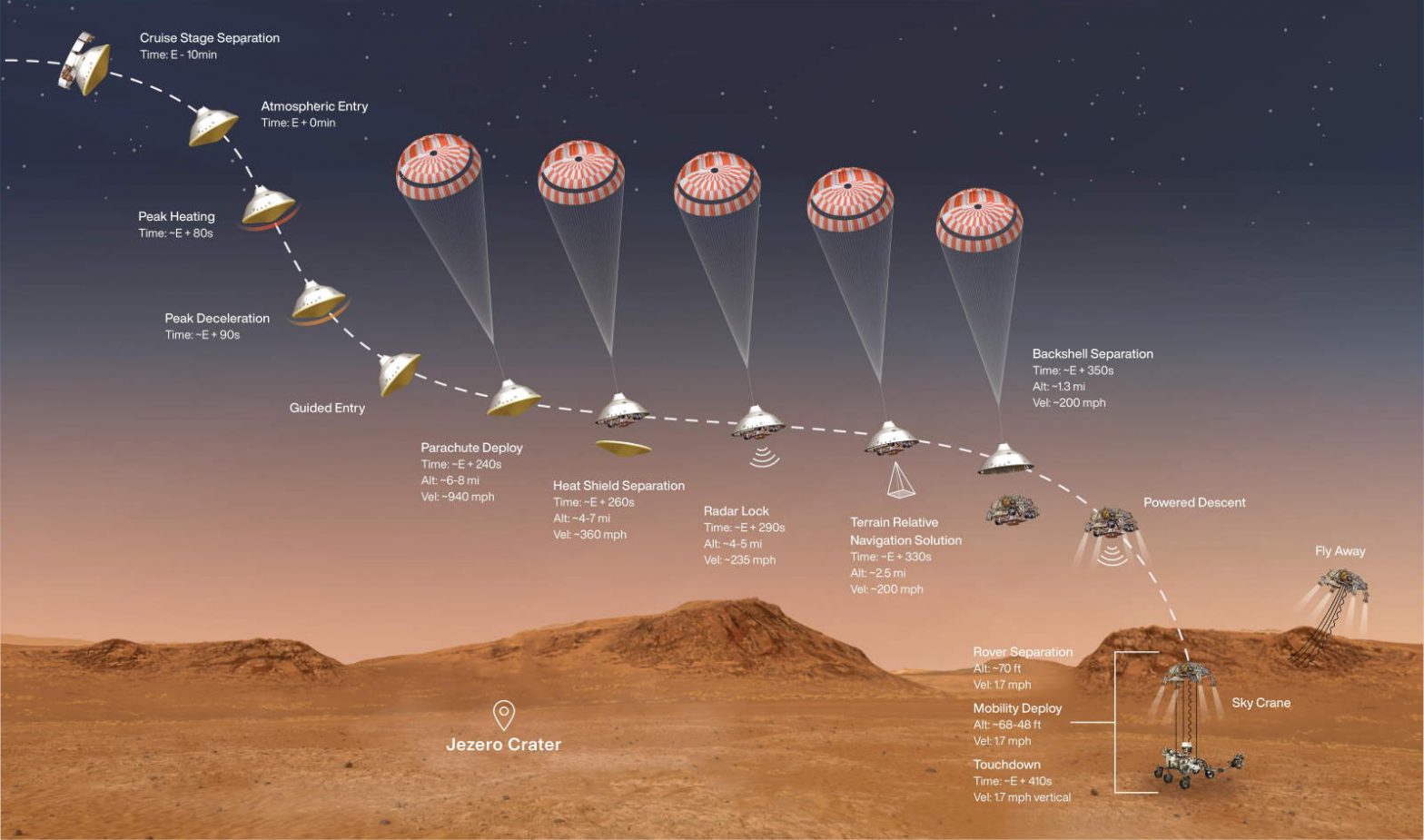NASA has published a stunning 360-degree view atop Mont Mercou of the Curiosity Mars rover. The panorama is stitched together from 132 individual images taken on April 15, 2021, the 3,090th Martian day (or sol) of the mission. You can see the amazing panorama by using the arrows in the top left on the video, or by clicking (or touching) and dragging your cursor or mouse, moving the view up/down and right/left.
